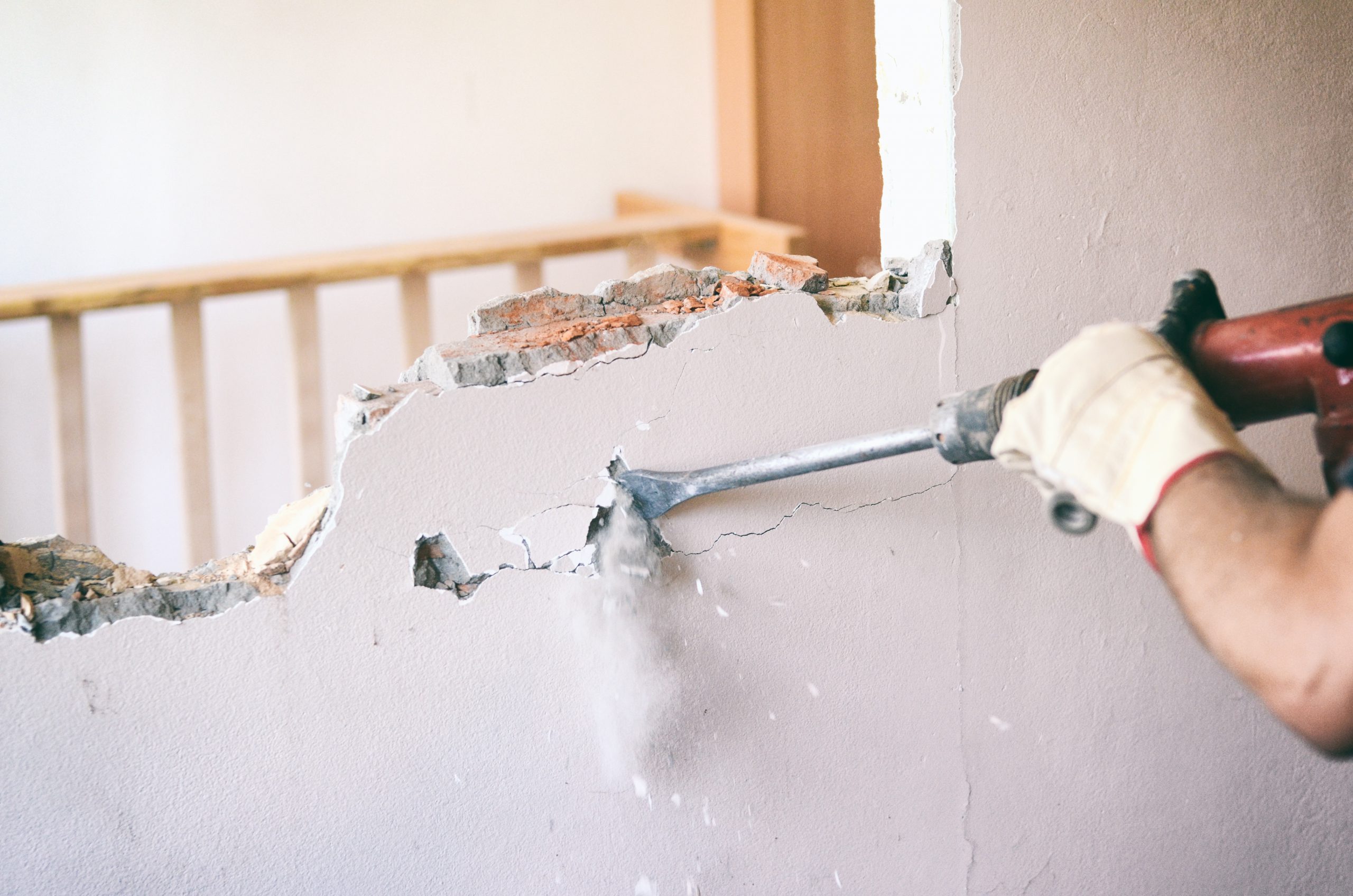
Lots of ideas can race through your head when you decide to remodel your home. You’ll want to improve your lifestyle and make your home more pleasant to live in, but you’re also likely to expect that any work you do will add to the value of your property longer term.
As a local real estate agent, you’re welcome to use me as a resource. I can help you identify the features in your home that would benefit the most from an upgrade, and provide some ideas about buyer demands. This will help you sell faster and achieve a higher price if you decide to list.
It can be a worthwhile exercise to do as it can help you decide if you want to do the work yourself, or sell and find a new property that better suits your needs.
While there are many upsides to home improvement projects, it’s likely you’ll experience a few downsides, too.
Below I’ve listed some issues that are not often discussed when deciding to move forward with a remodel so you can make an informed decision.
- Investing in an upgrade does not guarantee a profit. And it can be hard to tell whether a project has paid for itself. For example, if you spend $50,000 on a new kitchen, how can you know if a profit was made on that work once you’ve sold? The math is rarely straightforward.
- Even if major work is necessary, are you the one who really needs to do it? Perhaps it’s better to take a hit to your asking price and leave the remodel dramas to the next owners. Your peace of mind has a value.
- Maybe your home doesn’t need an upgrade. Every owner knows their home’s quirks and problems, but that doesn’t mean they all require remediation. If a project is not going to be valued by prospective buyers, then keep a grip on your greenbacks.
- Remodels can strain relationships. That’s because they create chaos and inconvenience in the home, and the work doesn’t always progress on schedule. Plus, staying within a budget creates stress. Before you get into a project, ask loved ones if they’d like to move out while the contractors are on site.
- Costs can increase during a project. While I recommend you put an additional 15% of the total cost aside for contingencies, you may still spend more than intended.
- Deadlines can be missed – that’s the nature of the building business. When this happens, you must wait longer to put their home on the market. That’s bad news if you’ve found your dream home and can’t wait to move in.
- Some folks go down the DIY path to save money. A proportion over estimate their skills and find themselves spending more than anticipated. When it comes to kitchens and bathrooms – anywhere where water is involved – use the experts.
- Think of the eco-cost. Waste from home improvement projects is considerable and materials thrown in a dumpster end up in landfill.
